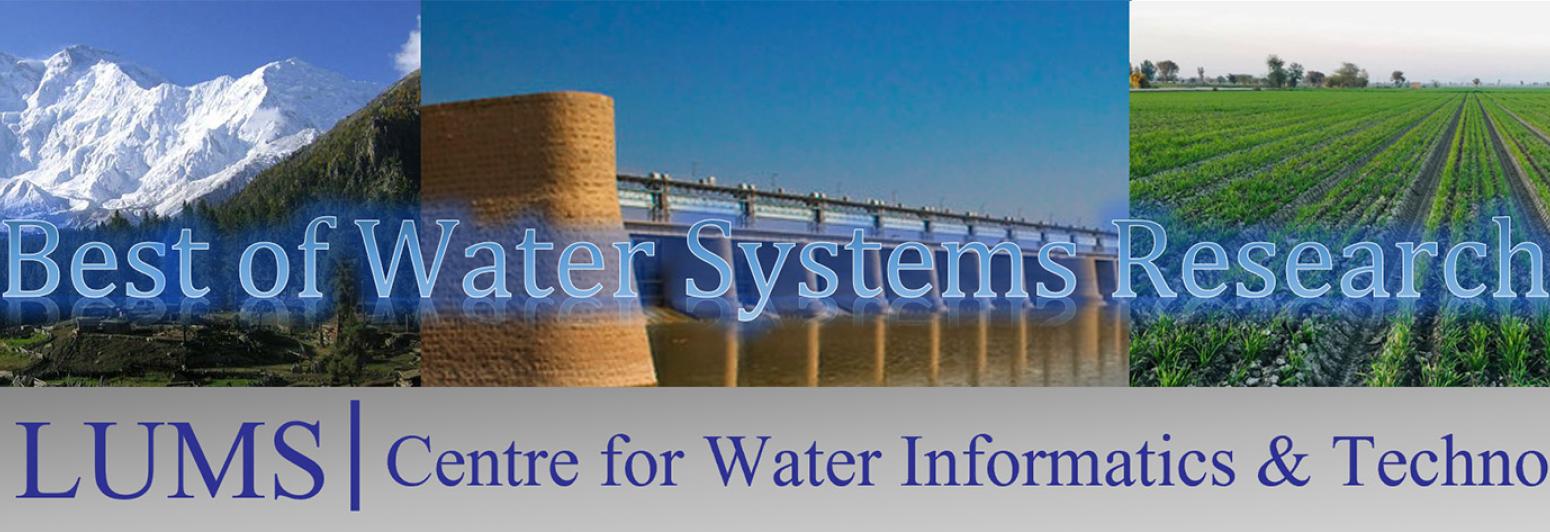
to
Speaker: Dr. Brian D. Fath,
Professor, Department of Biological Sciences, Towson University, USA
Senior Research Scholar, Advancing Systems Analysis Program, International Institute for Applied Systems Analysis, Austria
Moderator: Dr. Talha Manzoor, Assistant Professor, WIT
Details and registration: Best of Water Systems Research - Seminar Series 2021 | Center of Water Informatics and Technology (lums.edu.pk)
Abstract: This presentation reviews key concepts in sustainability and asks deep questions about why there are so many symptoms of environmental crises present in the world today (climate disruption, mass species extinctions, nitrogen cycle disruption, ocean acidification, crises with food, energy, and water, and many more). These symptoms relate to the prevailing approach, in which we use reductionist mental models and treat living and environmental systems as if they are machines. However, contrary to machines, ecological systems show much resilience and capacity to self-organize, regenerate, and increase their organization and complexity over time. We believe that using a life-based, systems analysis approach to identify direct and indirect impacts can shift our perception and interaction with the environment toward sustainability. Using ecological-based network analysis, examples of food-energy-water nexus and embodied water are given.
About the Speaker:
Brian D. Fath is a Professor in the Department of Biological Sciences at Towson University (Maryland, USA) teaching courses on Ecosystem Ecology, Environmental Science, and Human Ecology. He is also a Senior Research Scholar at the International Institute for Applied Systems Analysis (Laxenburg, Austria) and since 2011, the Scientific Coordinator of IIASA’ s Young Scientists Summer Program. He has published over 200 research papers, reports, and book chapters on environmental systems modeling, specifically in the areas of network analysis, urban metabolism, and sustainability. He co-authored the books A New Ecology: Systems Perspective (2020), Foundation
Dr. Fath is also Editor-in-Chief for the journal Current Research in Environmental Sustainability and past Editor in Chief of Ecological Modelling (2009 – 2020). He was the 2016 recipient of the Prigogine Medal for outstanding work in systems ecology and twice a Fulbright Distinguished Chair (Parthenope University, Naples, Italy, in 2012 and Masaryk University, Czech Republic, in 2019).
For details or queries, please contact Soban Hameed Saigol at soban.hameed@lums.edu.pk or 0332 4495057

